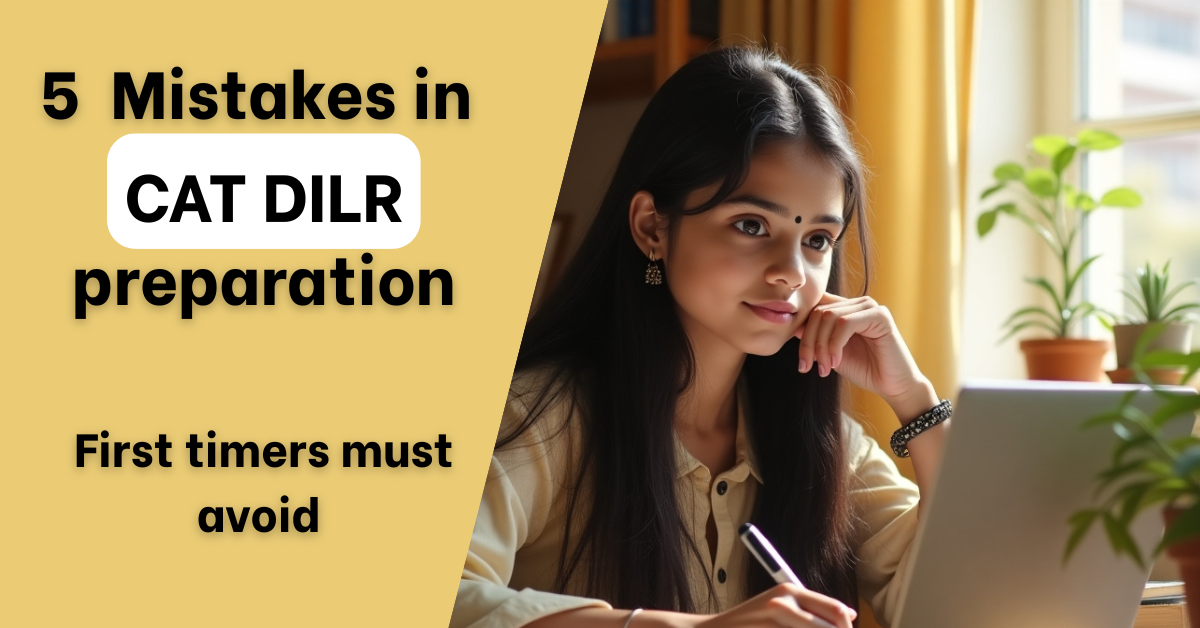In this article, I will focus on ‘what things should one read to improve one’s grammar and vocabulary?’ Since the question is not restricted to books of any specific discipline, I would focus on books that the reading audience can appreciate even if they have no prior familiarity with the subject matter discussed in those books.
Readers and Writers are not without prejudice; I, therefore, want the readers of this article to excuse me if they don’t find the books recommended here much to their liking.
I would begin with fiction:
- Anna Karenina by Leo Tolstoy: Arguably one of the greatest novels of all time. Constance Garnett’s impeccable translation is one of the best available online
- Fathers and Sons by Ivan Turgenev: Unlike Anna Karenina, this one is short and compact. The book is of roughly 200 pages. Again, I would recommend Garnett’s translations. The book is full of short bursts of lyrical prose, at times almost bordering on the sublime.
- The Resurrection by Leo Tolstoy: A telling tale of a nobleman seeking redemption, The Resurrection belongs to one of Tolstoy’s latter works. The introspective quality of the protagonist will make the reader reflect on his own past.
- Pierre et Jean by Guy Maupassant: Modern readers associate Maupassant with short stories; but his book ‘Pierre and Jean’, though of approx. 150 pages, is more like a novel than a short story. The entire book revolves around five characters, and explores the relationship among the members of the Roland family, a relationship that has been rocked by a scandalous secret rightly guessed by the eldest son of the family.
- Madame Bovary by Gustave Flaubert: Both Maupassant and Flaubert were obsessed with adultery; like Maupassant’s Pierre and Jean, Madame Bovary focusses on adulterous affairs of Emma Bovary, a provincial doctor’s young and beautiful wife, who is fed up of her husband and the monotony of the country life.
None of the books mentioned above were originally written in English; the first three are in Russian, the last two in French. Good English translations are widely available on amazon. For the first three, one must read Constance Garnett’s translation; for the last two, oxford classic editions are the best.
In the section that follows, I will mention books of essays and short stories
- Short stories by Anton Chekov: I never get tired of the classic Russian writers; the scale, the grandeur and the diversity of their books is not much from different from the scale and the grandeur of their country. Chekov, however, comes as a surprise; delightfully crisp, remarkably simple, his short stories don’t go beyond what is or would be visible; while other writers take pleasure in exploring their characters’ psychological states, Chekov never cares to move beyond what he sees. One almost feels as if Chekov wants his readers to ponder, to feel, to decide what should come next. When the most critical moment comes, he brings down the curtain. He creates a void as no other writer does, and rightly so, for he wants his readers to complete the last act.
- Essays: There is one and only one reason why reading essays is the most economical way of developing one’s reading habits. Essays are known for their brevity and depth, and wherever there is brevity in writing and speech, there we have perfect words present in plenty; and for someone who is always short on time, the essays are the best recipes that abundantly provide vocabulary-rich nutrients to the readers.
So, if you are really keen to become wiser than your friends, then read:
- Essays by Francis Bacon (the language though is a little archaic)
- Essays by Samuel Johnson (Read ‘The Rambler’ and ‘The Idle’
- Essays by Emerson
- Essays by George Orwell
The best of them all is the ‘Oxford anthology of English Essays’ By John Gross; the book is a collection of Essays by different authors, both ancient and modern.
- Poetry: If you are desirous of having a large, almost inexhaustible technical vocabulary, then poetry is not meant for you. Poetry will never give you technical vocabulary; instead it gives you elegant, more refined and delicate words, words that you would use to describe subtle feelings, deeper thoughts and abstract notions. The language of poetry is not the language of law, of science or of politics; it is the language of religion, of spirituality, of everything celestial.
Some good books that have poetry or lyrical prose:
- The Sonnets by William Shakespeare
- The Lyrical Ballads by Coleridge and Wordsworth
- The Poems of John Keats
- The Poems of Robert Browning
- The Poems of Alexander Pop
- The Prophet by Kahlil Gibran
- The Book of Mirdad by Mikhail Naimy
The list is almost endless.
Many experts suggest aspirants to read newspapers, magazines, and periodicals. I think that these are not meant to be read but to be scanned. As far as their spiritual and intellectual value is concerned, they are not worth the paper on which they are printed. I shouldn’t waste my time suggesting names, for there are many available at the nearest newspaper stand.




